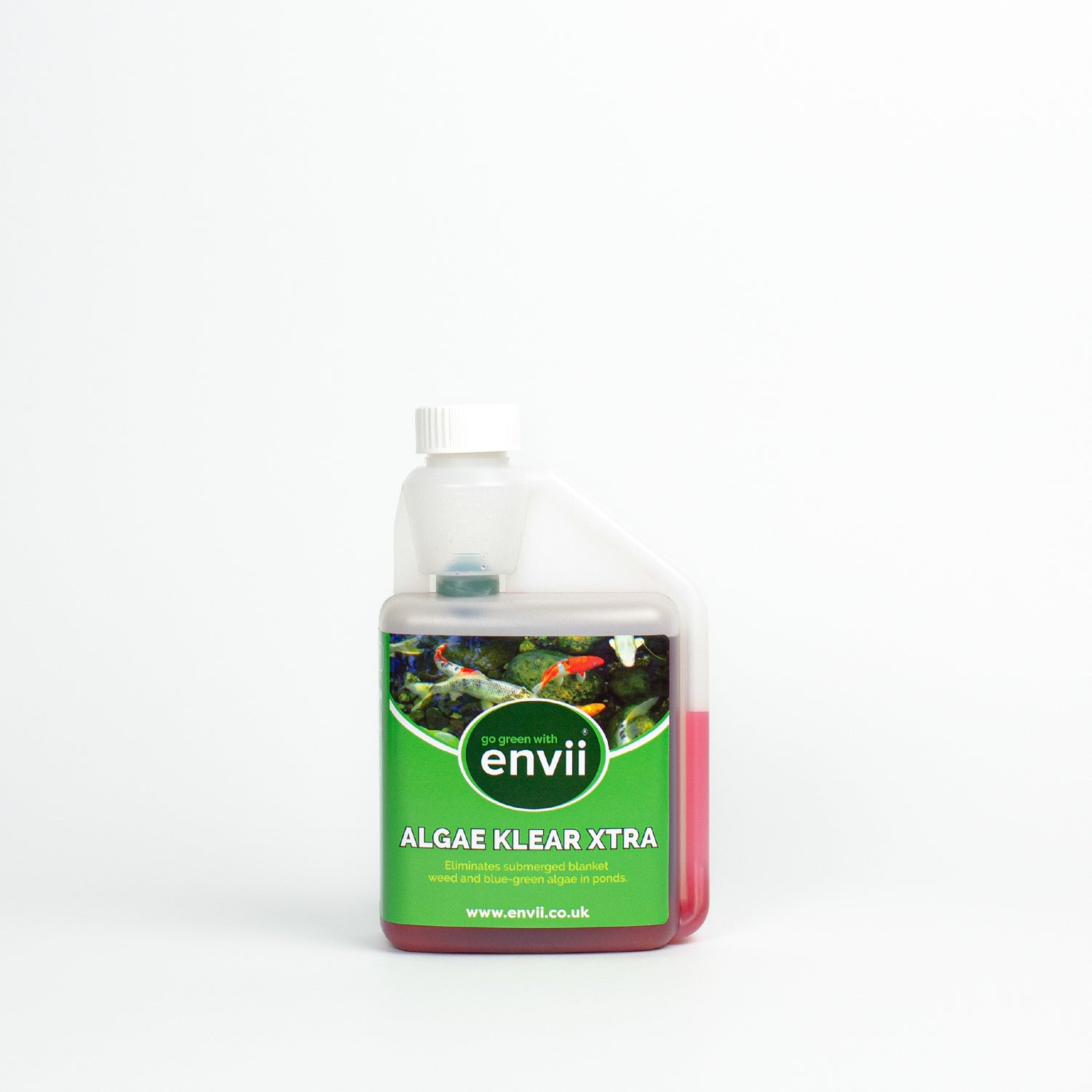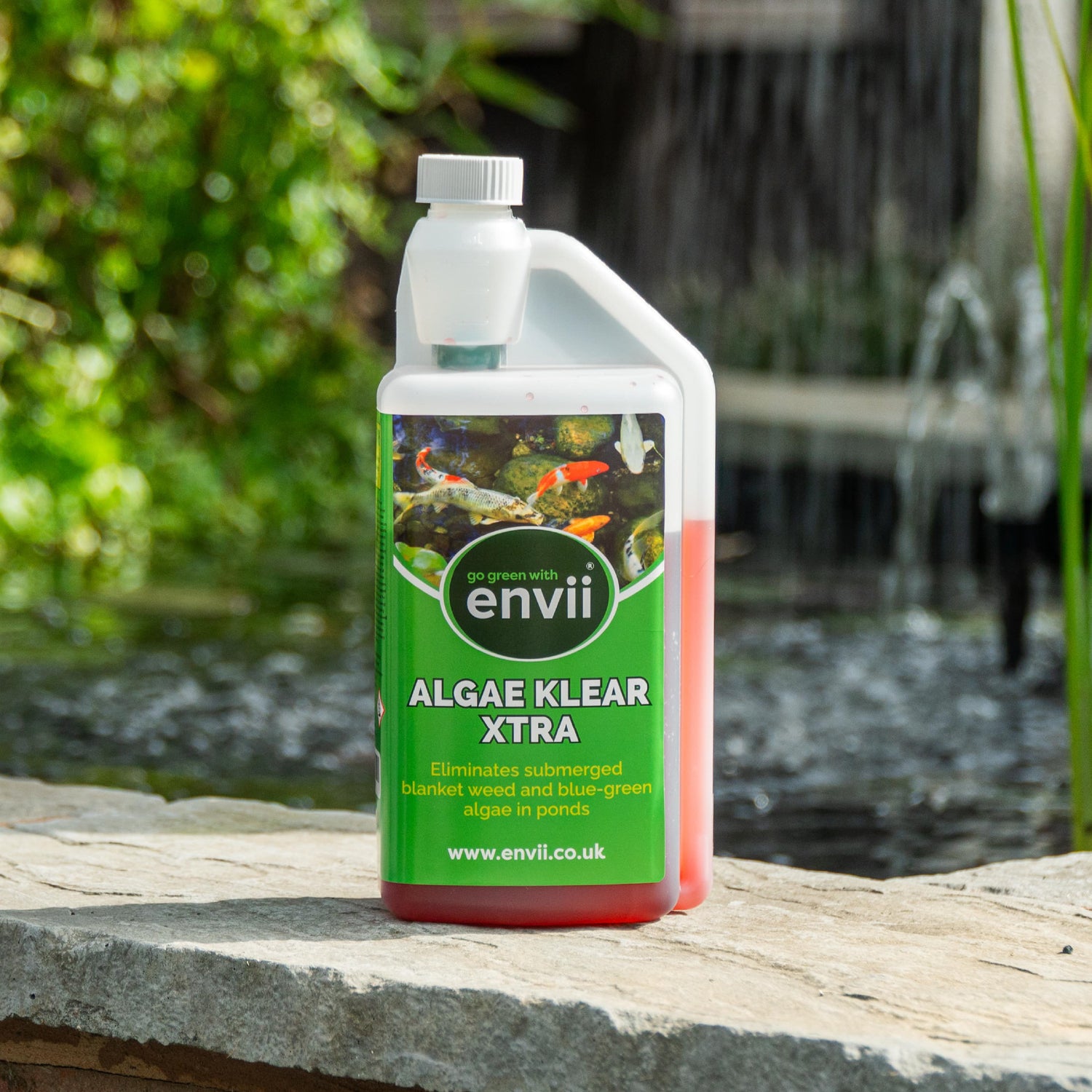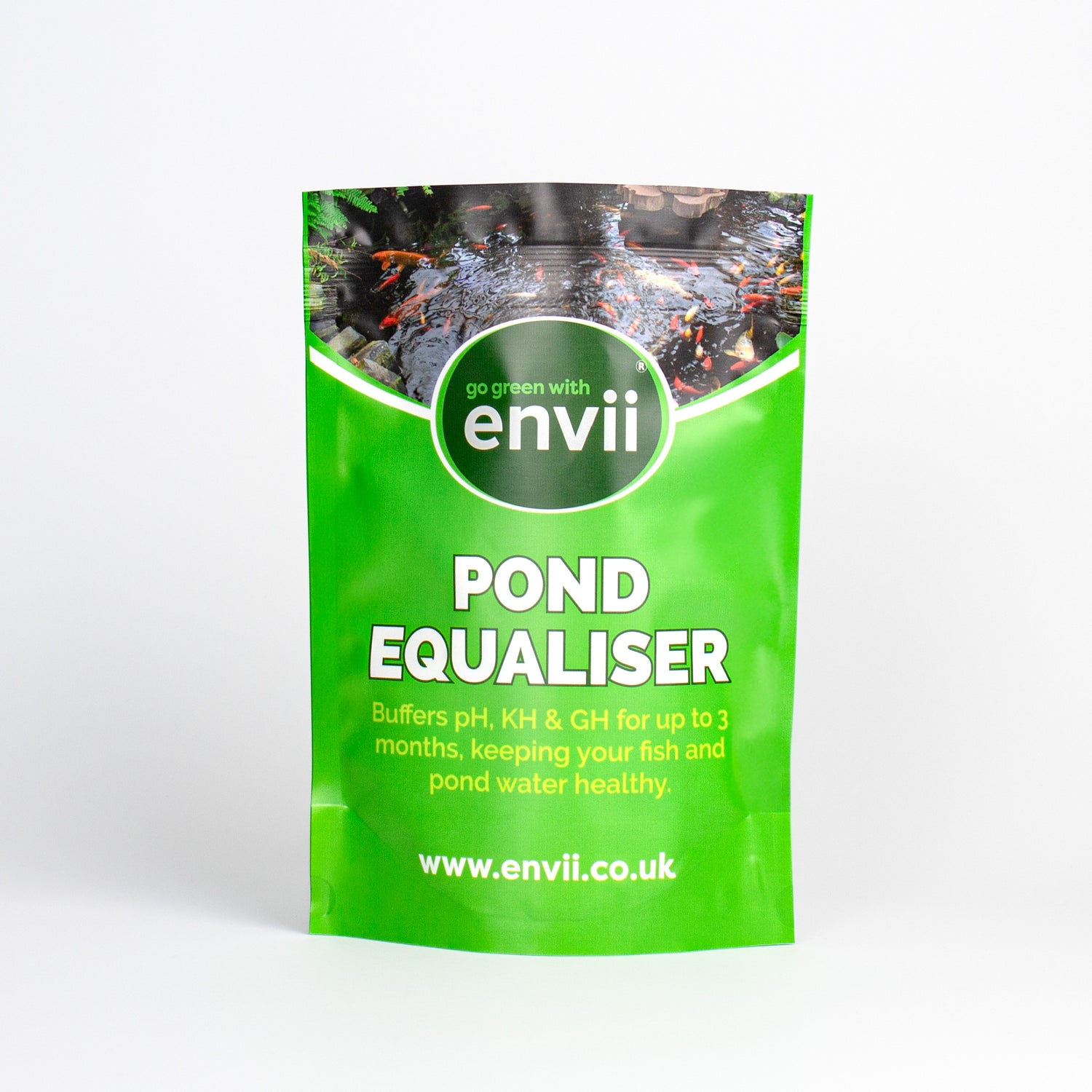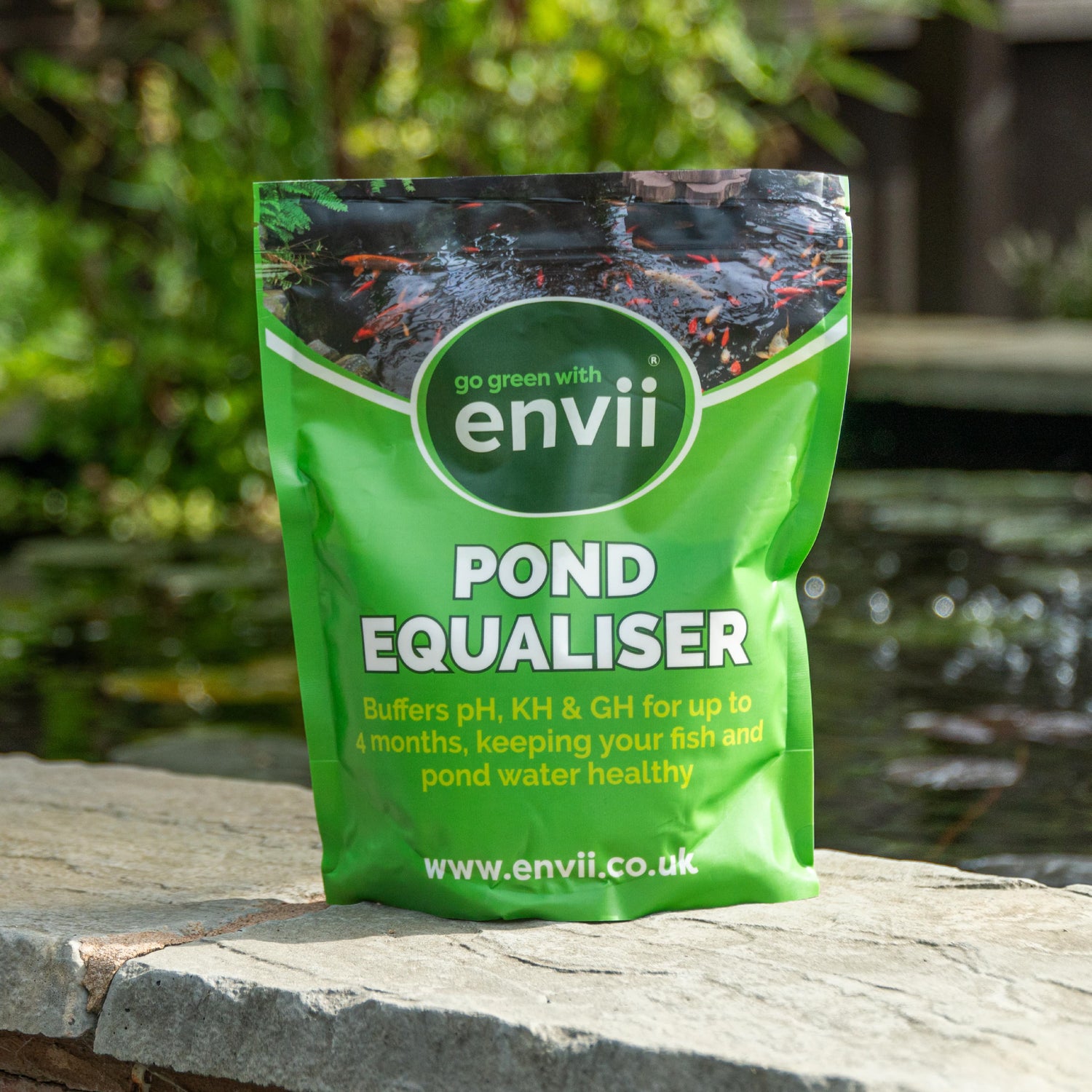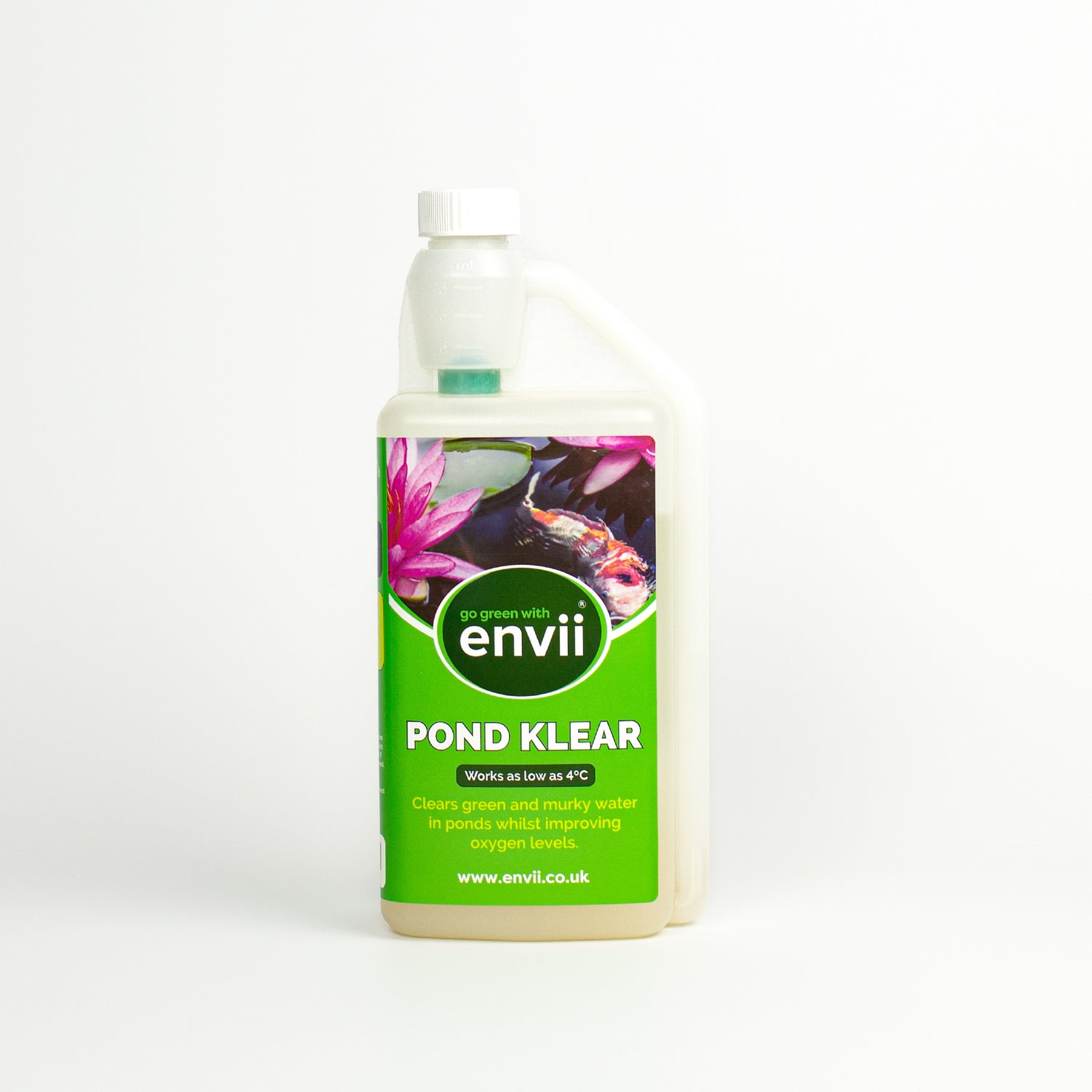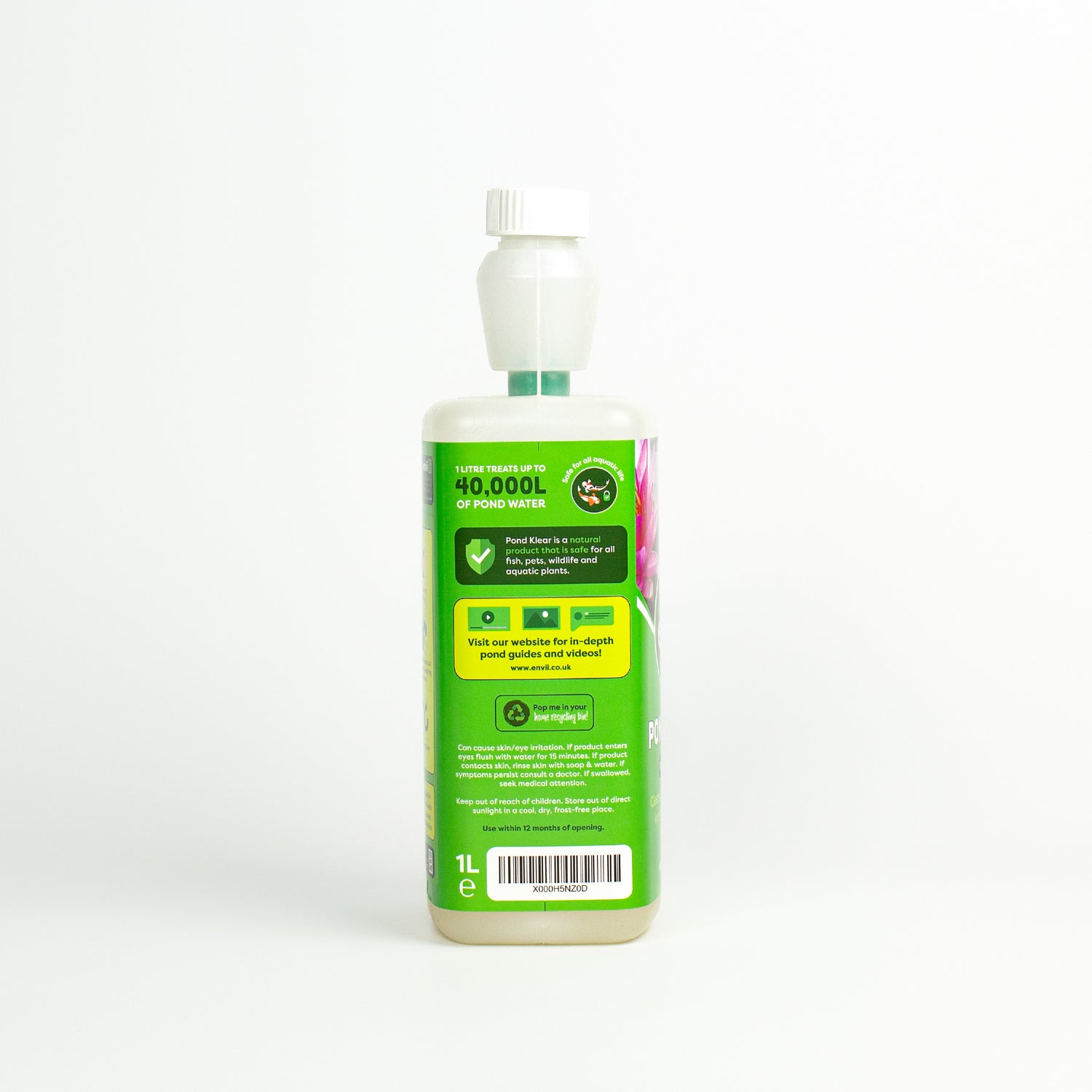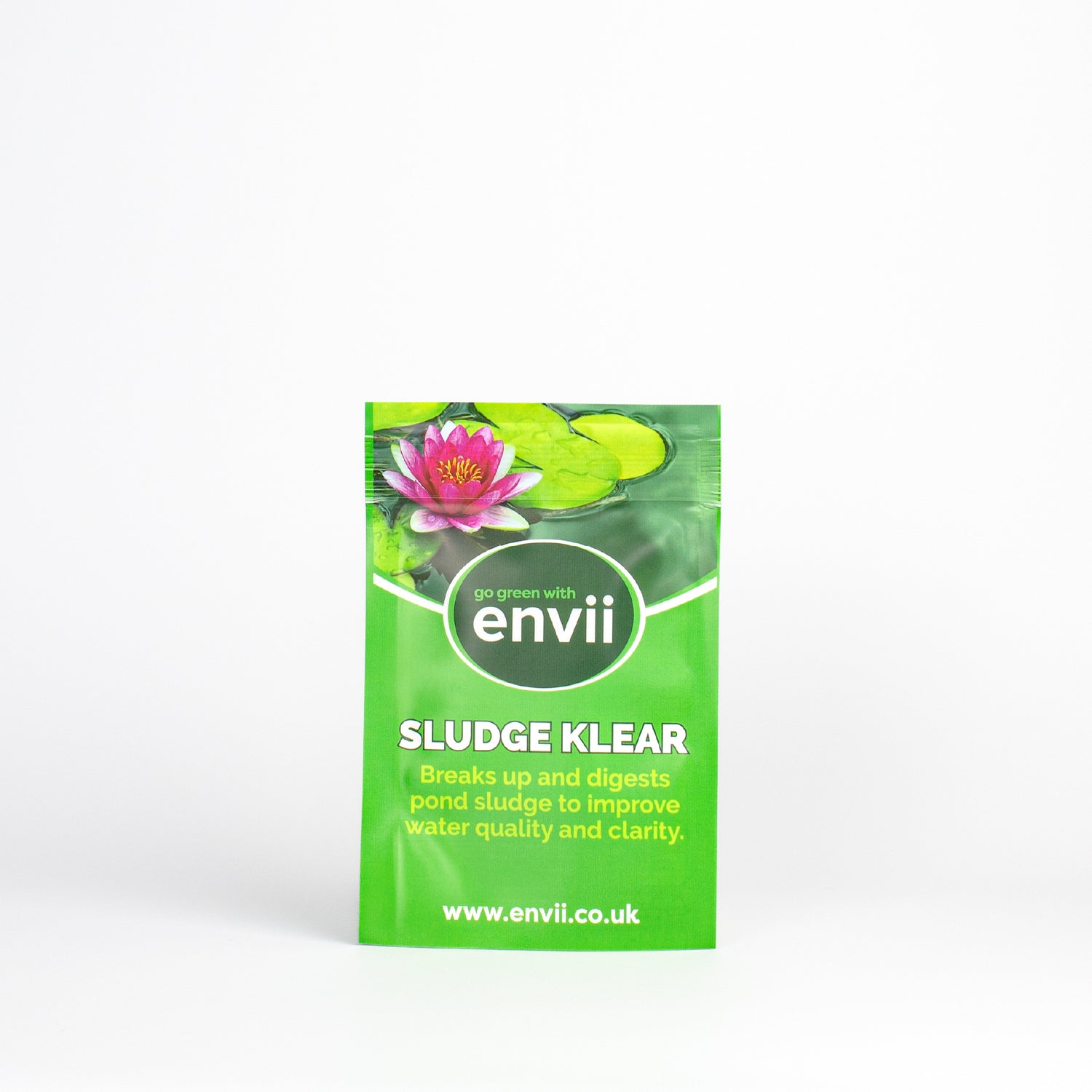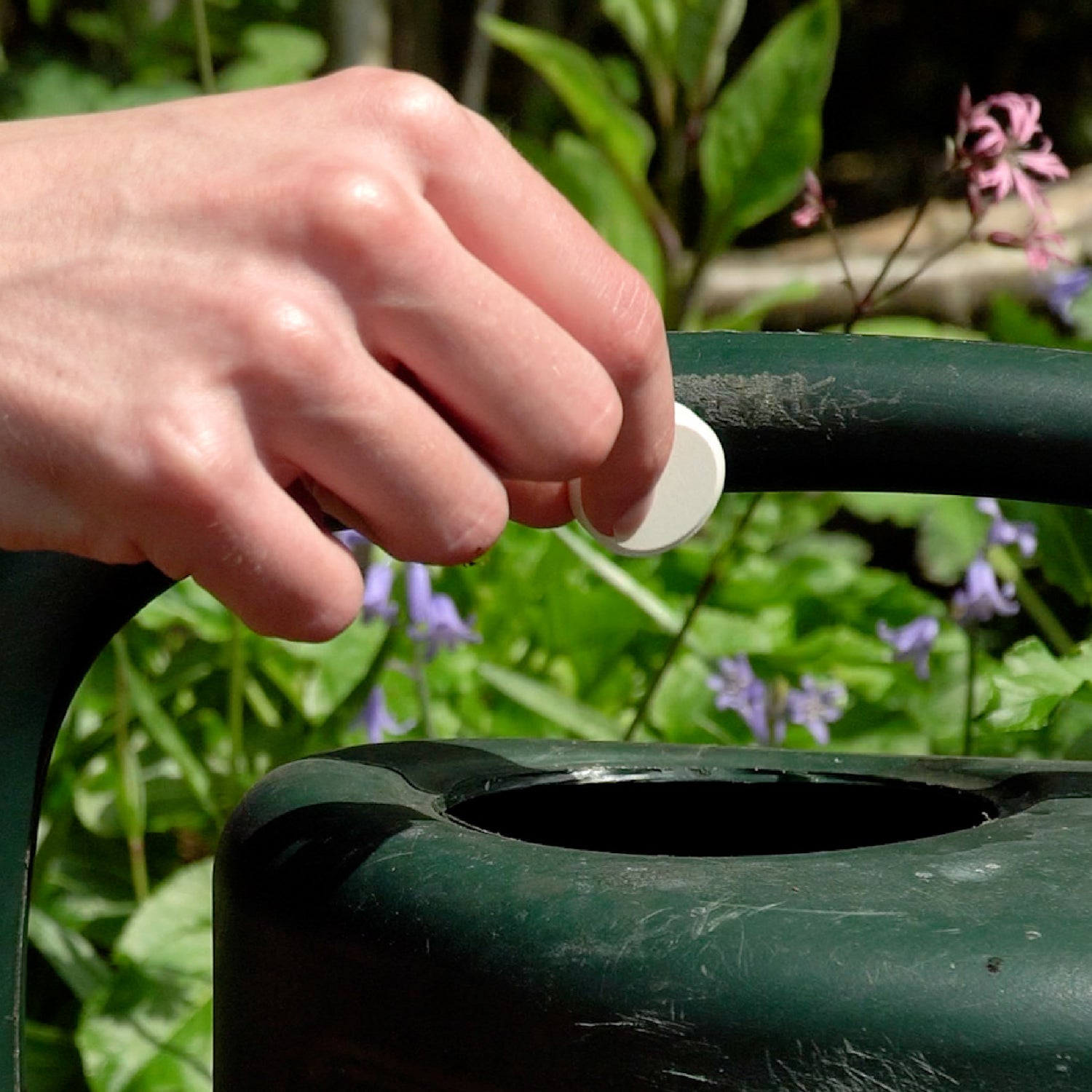If you have not yet come across this nuisance, congratulations! Blanket weed or long string algae is one of the most well-known (and hated) pond weeds in the UK.
It is a long thin algae that has no leaves, stems or roots and forms large, dense pillows of green weed that float around the top of your pond and attach themselves to the side walls.
Blanket weed thrives in ornamental ponds with pumps due to the exposure to sunlight, flowing water and abundant nutrients available.
Is Blanketweed Dangerous?
Short answer, yes it can be dangerous to your pond and its habitats.
Blanket weed needs the same nutrients to grow as all your other aquatic plants. Therefore, It can grow very quickly and will easily outperform and outgrow your other marginal or floating plants. Furthermore, it kills off any submerged plants due to blocking out natural light within the pond.
Blanket weed will compete with fish for vital oxygen which could lead to your fish dying through lack of oxygen. Furthermore, fish can sometimes swim into blanketweed, get stuck and not be able to free themselves and eventually die
How to Remove Blanket Weed
It is not advisable to remove living blanket weed as this will cause the weed to release spores into the pond which will create more blanket weed. Therefore, We suggest treating your pond with Pond Equaliser to get your ponds water quality perfect and then using Blanketweed Klear. Simply scatter it on the blanket weed, wait for it to die and then scoop out the dead weed. Dispose of it by throwing it into your garden waste bin or composting bin. Blanket weed is full of nitrogen which is good for composting.
Preventing Blanketweed
After removal, you will want to do everything possible to prevent it from returning in the future. Be sure to have lots of aquatic plants that will absorb excess nutrients in the pond. Keep your fish stock in line with the size of your pond. In conclusion, Too many fish can lead to excess waste being produced which can create even more excess nutrients. Check your water quality regularly with a test kit and keep your pH, KH & GH levels balanced.



